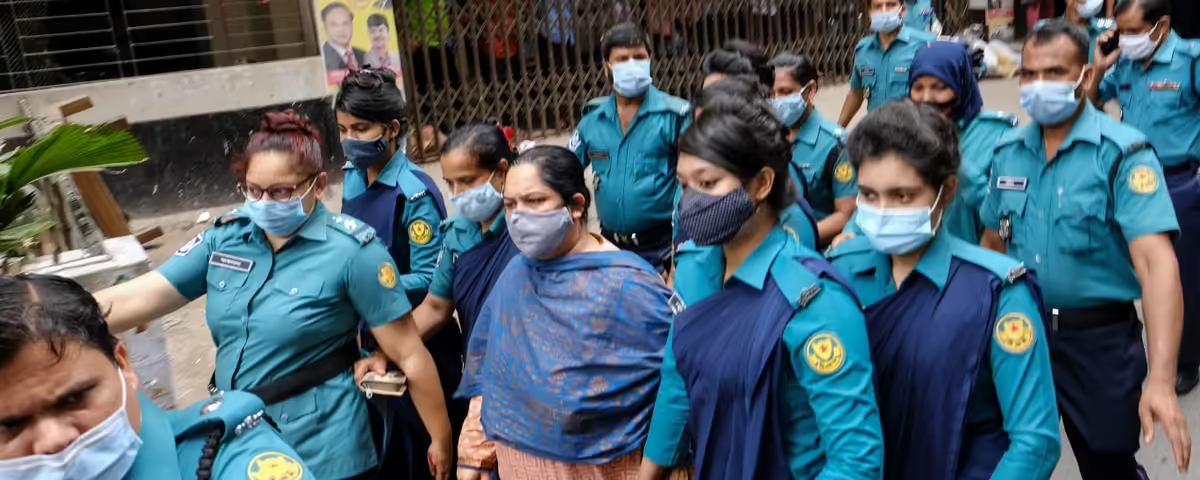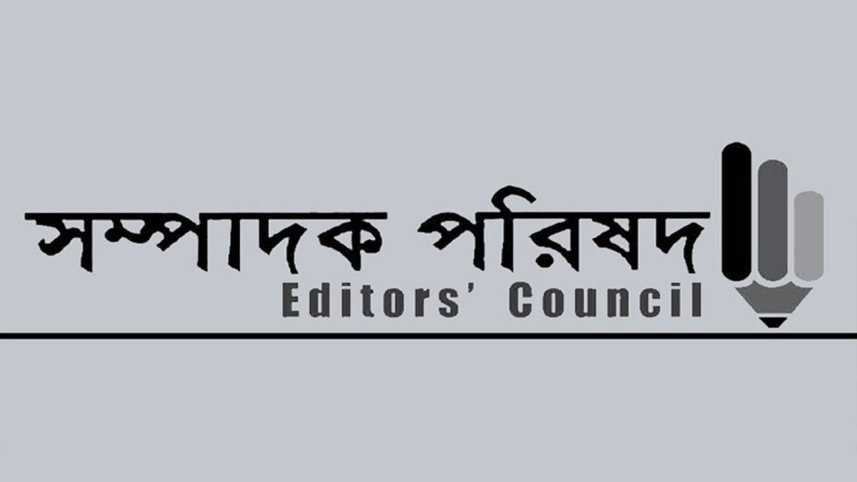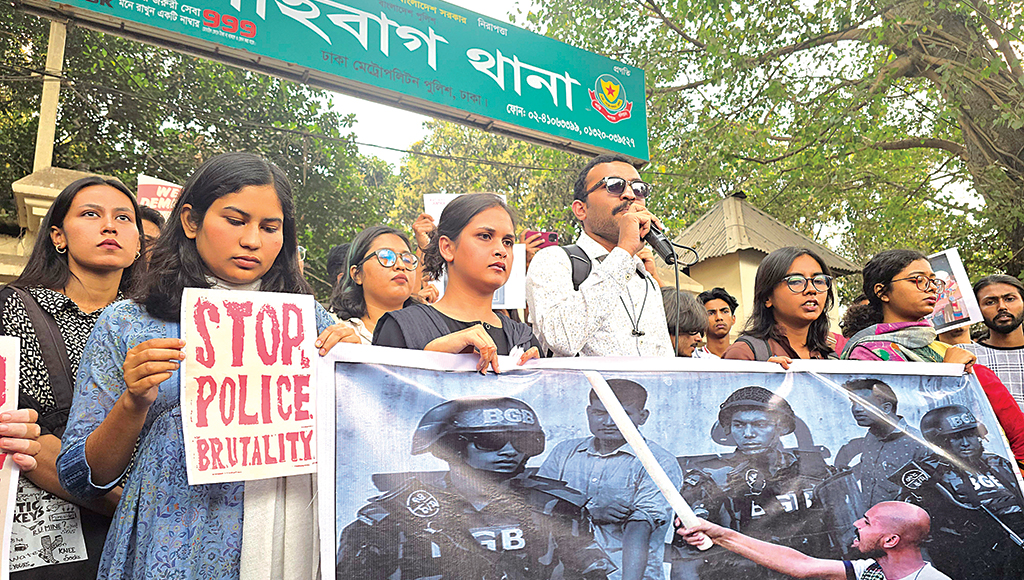
Belarusian journalist Andrei Tolchyn released following presidential pardon
September 19, 2024
Nicaragua’s continued attack on journalism: where is Fabiola Tercero?
September 19, 2024September 19, 2024 – Bangladesh –
Student-led uprising that unseated Prime Minister Sheikh Hasina, Bangladeshi authorities have launched a sweeping crackdown on journalists perceived as supportive of the former leader. According to the Committee to Protect Journalists (CPJ), at least four media professionals have been arrested, while many more face harassment, criminal investigations, or charges in what observers describe as a politically motivated purge.
Among the most high-profile arrests are Ekattor TV journalists Farzana Rupa and her husband Shakil Ahmed, who were detained on August 21 at Dhaka’s main airport. Both face charges in a murder case linked to protest-related violence, and authorities confiscated their passports and digital devices. On September 16, Ekattor TV managing director Mozammel Babu and Bhorer Kagoj editor Shyamal Dutta were detained near the Indian border. Babu remains imprisoned on allegations including incitement to murder, while Dutta was placed in a seven-day police remand.
The repression extends further: a broad complaint filed with Bangladesh’s International Crimes Tribunal lists over 25 journalists and more than 50 other figures—including Sheikh Hasina herself—as allegedly complicit in “crimes against humanity” tied to the uprising. Although many of these accusations appear politically motivated, they have led to a growing number of legal actions and a chilling effect on press freedom.
CPJ reports that, as of late September, over 350 journalists have experienced harassment under the interim government led by Nobel laureate Muhammad Yunus. At least 113 criminal cases have been filed, and 167 journalists have had their press credentials revoked, making it nearly impossible for them to report freely.
CPJ has condemned the arrests and charges, calling them retaliatory and emblematic of a broader strategy to silence dissenting media voices. Asia Program Coordinator Beh Lih Yi warned that Bangladesh is rapidly sliding into a climate of fear for journalists, especially those associated with the previous ruling party.
The organization is urging the interim government to drop baseless charges, reinstate press credentials, and ensure safe and free conditions for all journalists. At a time when the country should be embracing democratic transition, it risks veering into authoritarian suppression of the press.
Reference –




